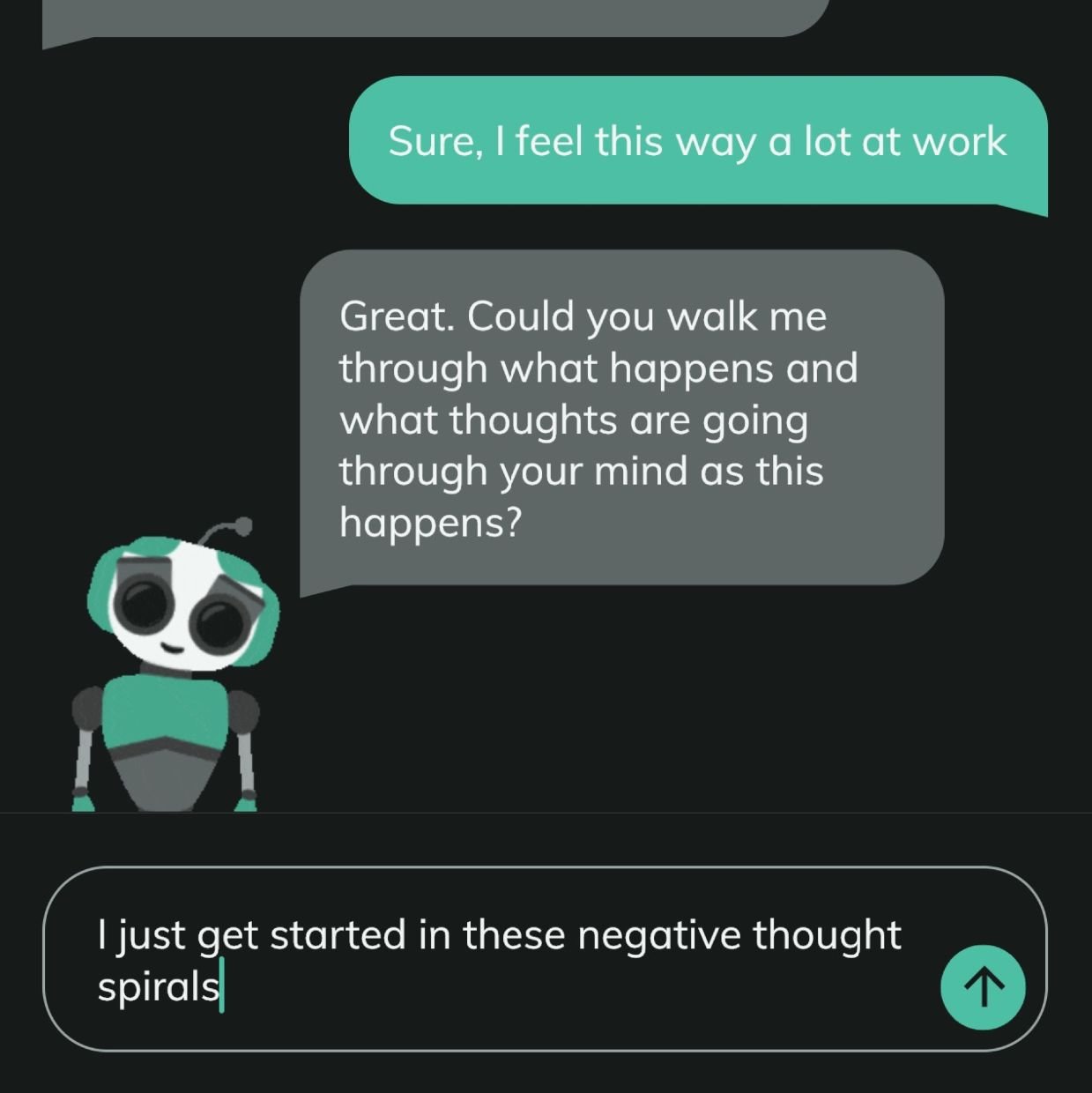US Regulators Struggle to Keep Up with the Fast-Moving and Complicated Landscape of AI Therapy Apps
On a brisk morning in San Francisco, Anna Thompson, a 25-year-old tech enthusiast, begins her day with a session guided not by a human therapist but by an AI-powered app. Dubbed as her “digital confidant,” the app has become an integral part of her mental wellness routine, offering advice, tracking mood patterns, and even helping her develop positive daily habits.
Anna’s story is a growing trend among many Americans seeking affordable mental health support. Yet, as more individuals turn to artificial intelligence to guide them through their emotional landscapes, a looming question emerges: Are US regulators prepared to oversee this rapidly expanding sector?
The Rapid Growth of AI Therapy Apps
AI therapy apps are proliferating at an unprecedented rate. According to a recent survey by TechCrunch, the number of these apps has increased by over 150% in the past two years alone. Companies like Woebot, Wysa, and Replika are leading the charge, providing services that range from cognitive behavioral therapy (CBT) exercises to simple daily check-ins.
Regulatory Challenges and State-Level Interventions
Despite their popularity, AI therapy apps operate in a largely unregulated environment. The Verge reports that in the absence of comprehensive federal guidelines, states like California and New York have begun implementing their own regulations to manage data privacy and ensure user safety.
For instance, California’s regulations focus on data protection, mandating that developers implement stricter privacy measures. These state-level interventions, however, highlight a fragmented regulatory landscape.
The Need for Unified Federal Guidelines
Industry experts underscore the urgency for a cohesive regulatory framework at the federal level. According to a study published by the American Journal of Psychiatry, over 45 million Americans experience mental illness each year, a significant portion of whom may seek help from AI-powered apps. Without unified regulations, users face inconsistent protections and standards.
Industry Opinions and Expert Insights
Despite regulatory concerns, many in the tech industry highlight the potential benefits of AI therapy apps. Mark Johnson, CEO of a leading AI therapy platform, argues, “AI has the capability to democratize mental health care, making it accessible to anyone with a smartphone.” However, he acknowledges the importance of ensuring these apps are safe and effective.
Experts from Gizmodo emphasize the duality of AI therapy apps: while they offer a promising solution to limited access to mental health services, they also pose risks around data security and efficacy. “Without stringent oversight, these apps could do more harm than good,” warns Dr. Emily Carter, a clinical psychologist.
Comparison of State Regulations
| State | Regulation Focus | Key Policies |
|---|---|---|
| California | Data Privacy | Stricter privacy measures, data encryption |
| New York | User Safety | Certification requirements, efficacy standards |
Conclusion
The landscape of AI therapy apps continues to evolve at breakneck speed, outpacing the regulatory framework designed to govern them. As more individuals like Anna Thompson integrate these tools into their daily lives, the call for comprehensive and unified federal guidelines grows louder.
For tech aficionados, the challenge and opportunity lie in balancing innovation with protection. Ensuring that these digital therapists are as effective and safe as they are innovative will require collaboration between tech companies, mental health experts, and regulators.





[…] US regulators struggle to keep up with the fast-moving and complicated landscape of AI therapy apps […]
[…] US regulators struggle to keep up with the fast-moving and complicated landscape of AI therapy apps […]
[…] US regulators struggle to keep up with the fast-moving and complicated landscape of AI therapy apps […]
[…] US regulators struggle to keep up with the fast-moving and complicated landscape of AI therapy apps […]
[…] Zelda Williams begs people to stop sending AI videos of late dad Robin Williams China’s chip challenge: the race to match US tech Spooked by AI, Bollywood stars drag Google into fight for ‘personality rights’ AI Boom or Bust: The Economic Enigma of 2025 US regulators struggle to keep up with the fast-moving and complicated landscape of AI therapy app… […]
[…] into fight for ‘personality rights’ AI Boom or Bust: The Economic Enigma of 2025 US regulators struggle to keep up with the fast-moving and complicated landscape of AI therapy app… Business, abcademe back blockchain initiative to monitor govt […]
[…] into fight for ‘personality rights’ AI Boom or Bust: The Economic Enigma of 2025 US regulators struggle to keep up with the fast-moving and complicated landscape of AI therapy app… Business, abcademe back blockchain initiative to monitor govt projects Amazon loses VP helping […]